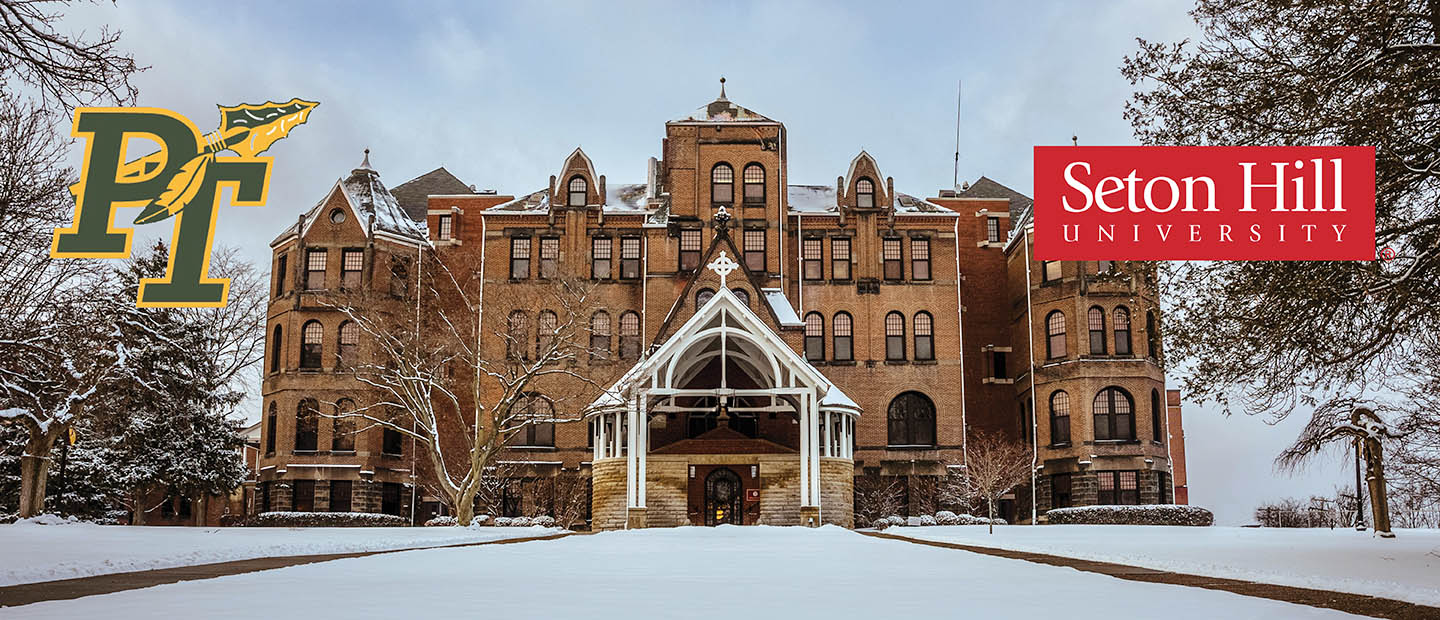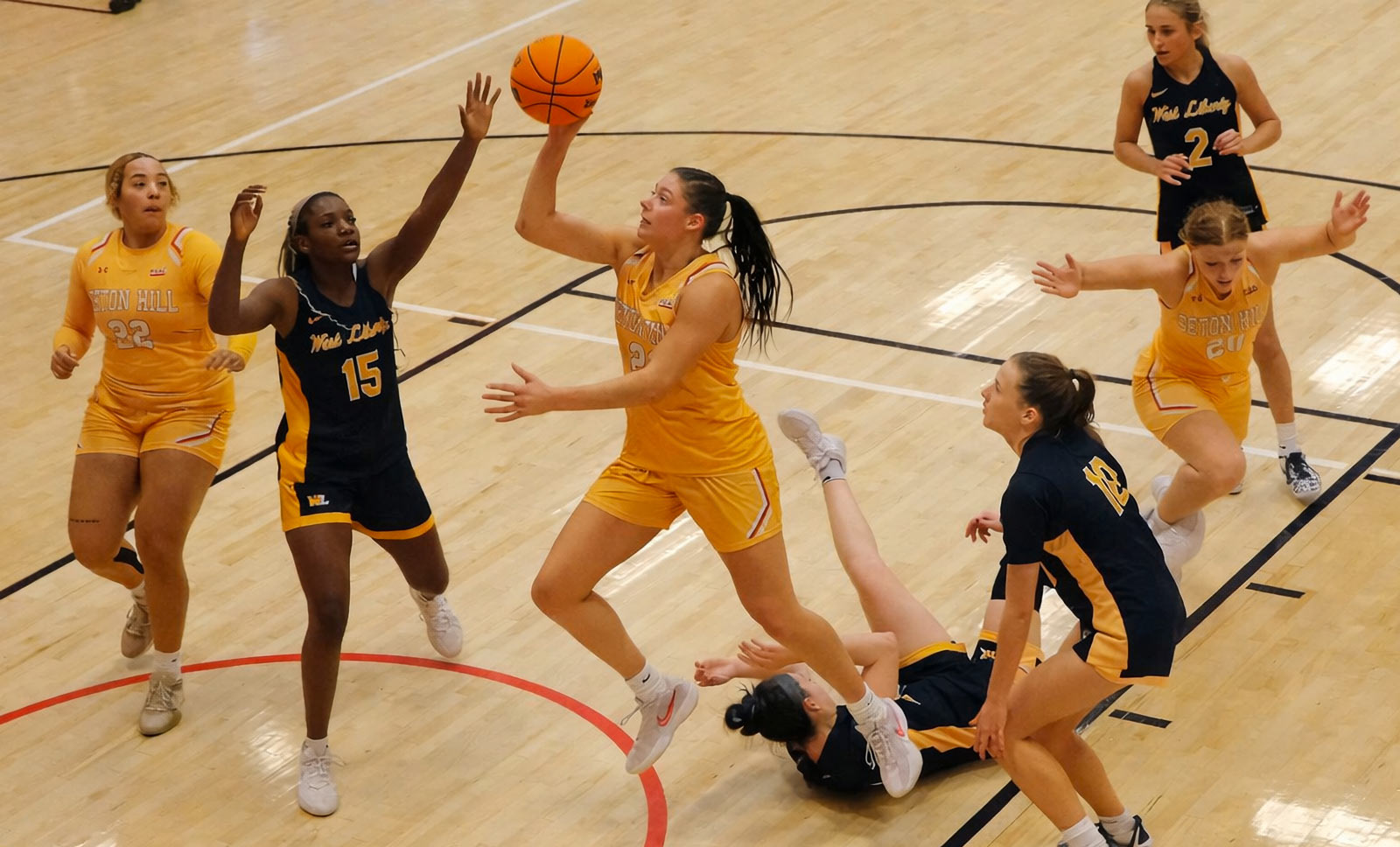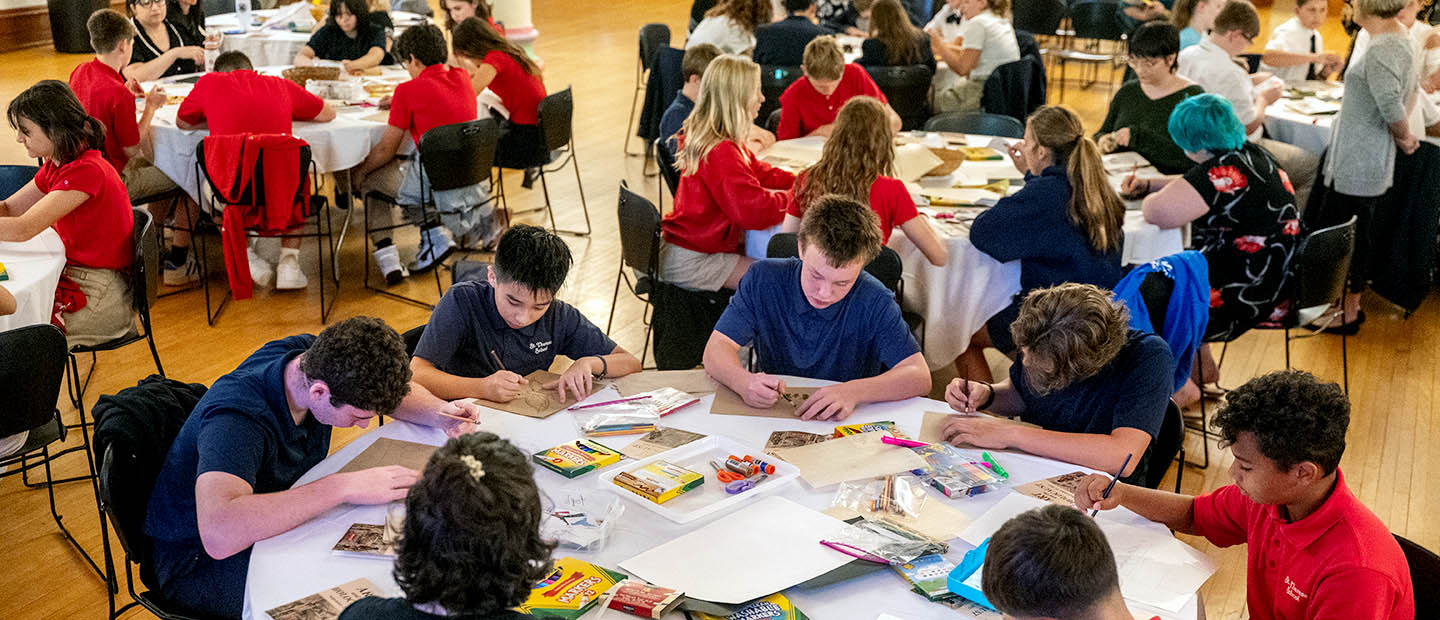Dean of the School of Humanities Co-Authors Academic Book About Women in Science
By: Daniel A. Duval (SHU ’22) Marketing Intern
I recently sat down with Debra Faszer-McMahon, a dean and a professor at Seton Hill, to discuss her latest publication.
What is your current position at Seton Hill?
I am dean of the School of Humanities and professor of Spanish. I have been a faculty member at SHU since 2007, and Dean of Humanities since 2015. I am firmly grounded in the Humanities, but I have always been drawn to interdisciplinary pursuits.
Could you tell us a bit about the book you co-authored?
“A Laboratory of Her Own” is a study about women and science in Spanish culture. My co-editors and I, along with 10 expert contributors, analyze how Spanish society has viewed female scientists and how those perceptions have evolved over time. We argue that Spanish cultural producers, including female scientists, novelists, poets, etc. have long been employing artistic works in order to address the challenges faced by Spanish women in scientific careers and to shift damaging exclusions.
"The Arts and Humanities are central to shifting the narratives that have excluded women."
What inspired you and your co-authors to write “A Laboratory of Her Own?”
The book was born out of a concern for the ways women have often been excluded from the production of scientific knowledge. I am fascinated with the work of Clara Janés, one of the most important contemporary poets in Spain today. In my interviews with Janés, she often talks about how she wanted to be a physicist or an astronomer when she was young. Having grown up under the Franco dictatorship, opportunities for women in scientific careers were nonexistent.
What hopes, if any, do you have in regards to the impact your book might have on readers/students?
I hope that readers will gain an appreciation for the struggle that women scientists have faced (and continue to face) worldwide. Also, that they will also gain a deeper appreciation for the role that STEAM (the arts integrated with STEM) can play in the advancement of scientific knowledge. It takes imagination and empathy to create spaces for new voices in STEM. The Arts and Humanities are central to shifting the narratives that have excluded women.
How do you feel about Seton Hill’s support for women in the sciences?
I believe that Seton Hill University, having been a women's college for many years, has a strong support system for women in leadership and for women in the natural and health sciences. That is still quite unusual at a national and certainly a global level. Nearly all of the senior level leadership of our institution is female. We have a very high percentage of female faculty in the natural and health sciences. However, in most Spanish as well as American academic institutions, that is not the case.



